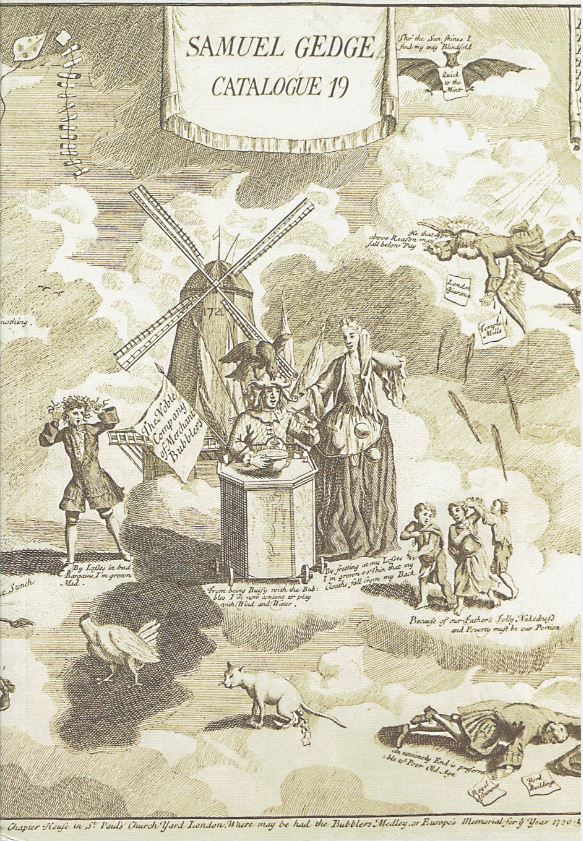Samuel Gedge Ltd. Offers a Mix of Very Old Books and Ephemeral Items
- by Michael Stillman

Samuel Gedge Ltd. Offers a Mix of Very Old Books and Ephemeral Items
Samuel Gedge Ltd. Rare Books has issued their Catalogue 19. Samuel Gedge offers an eclectic mix of books and ephemeral items, primarily English in origin and dating back a couple of centuries or more. Such items as handbills, posters, account books, letters, manuscripts, newspapers, and even more ephemeral items such as board games are to be found. These are fascinating items unlikely to be found elsewhere, or ever again, for that matter. Here are a few.
The first item in the catalogue is a collection of ten almanacs, a sammelband (bound together in a single volume). Each of these almanacs is from a single year – 1677. A couple of them are particularly rare. Several were targeted to seafarers. Between them, Gedge notes they cover a wide variety of topics, including “popular medicine, trade, accountancy, animal husbandry, agriculture, meteorology, fairs, markets, tides, geography, religion” and there are some jokes and humor to be found. Everything needed to prepare you for the year 1677 is here. Item 1. Priced at £2,750 (British pounds, or roughly $4,300 U.S. dollars).
Item 119 is a broadside printing of a 1647 ordinance pertaining to a practice considered to be the equivalent of counterfeiting at the time: An Ordinance of the Lords and Commons Assembled in Parliament, That from henceforth no Moneys clipt, filed, or deminished, shall be payable, or received in payment within this Kingdom. Back in those days (and until fairly recently) coins were made of precious metals, their value being in their contents, not a pledge like paper money. However, this led to the practice of “clipping” coins, that is, filing a small amount off of the edges, collecting it, melting it down and thereby having precious metal to sell. Meanwhile, the shaved coin could still be passed off for its original face value. The ridges on the edges of many coins were added to make clipping more difficult. This ordinance outlawed the use of clipped money, saying it could only be treated as bullion, meaning the coins would be valued according to the amount of precious metal still present, not the face value. For those who might think this was not a major issue to the English government, it should be noted that Thomas and Anne Rogers were executed in 1690 for coin clipping, Thomas being hanged, drawn and quartered, Anne burned alive. £450 (US $703).
Item 30 is a pair of playbills advertising an English performance by Monsieur Gouffe of “the Wonder of the Age,” Jocko the Brazilian Ape. The performances were held at Wolverhampton and Worcester in January 1827. Humans imitating animals was a popular act in the first half of the 19th century. One of the playbills claims the performance is so convincing it has people wondering whether M. Gouffe “is a monkey or a man.” Supposedly, he could stand on a high pole and hold a boy in his hand. In a particularly monkey-like performance, Gouffe would climb around the high boxes and the gallery clinging only to mouldings and panels, and then stood on his head on the narrow rail around the gallery. Item 30. £950 (US $1,486).
Item 54 is Tephilloth, containing the forms of prayer which are publicly read in the synagogues, and used in all families, published in 5530 (in the Hebrew calendar, or 1770 in the English one). This was the first English-Hebrew prayerbook printed in England. The book explains the dual languages as based on a desire to preserve the language “in which it pleased God to reveal himself to our ancestors, and a desire to preserve it to posterity,” along with making it understandable to those in this country “wherein it has pleased the Divine Providence to appoint our lot.” One page is written in Hebrew, while the facing page (to the left) is translated to English. A list of subscribers is printed at the end of the book, which includes the names of many prominent English Jews and some non-Jews as well. £6,500 (US $10,166).